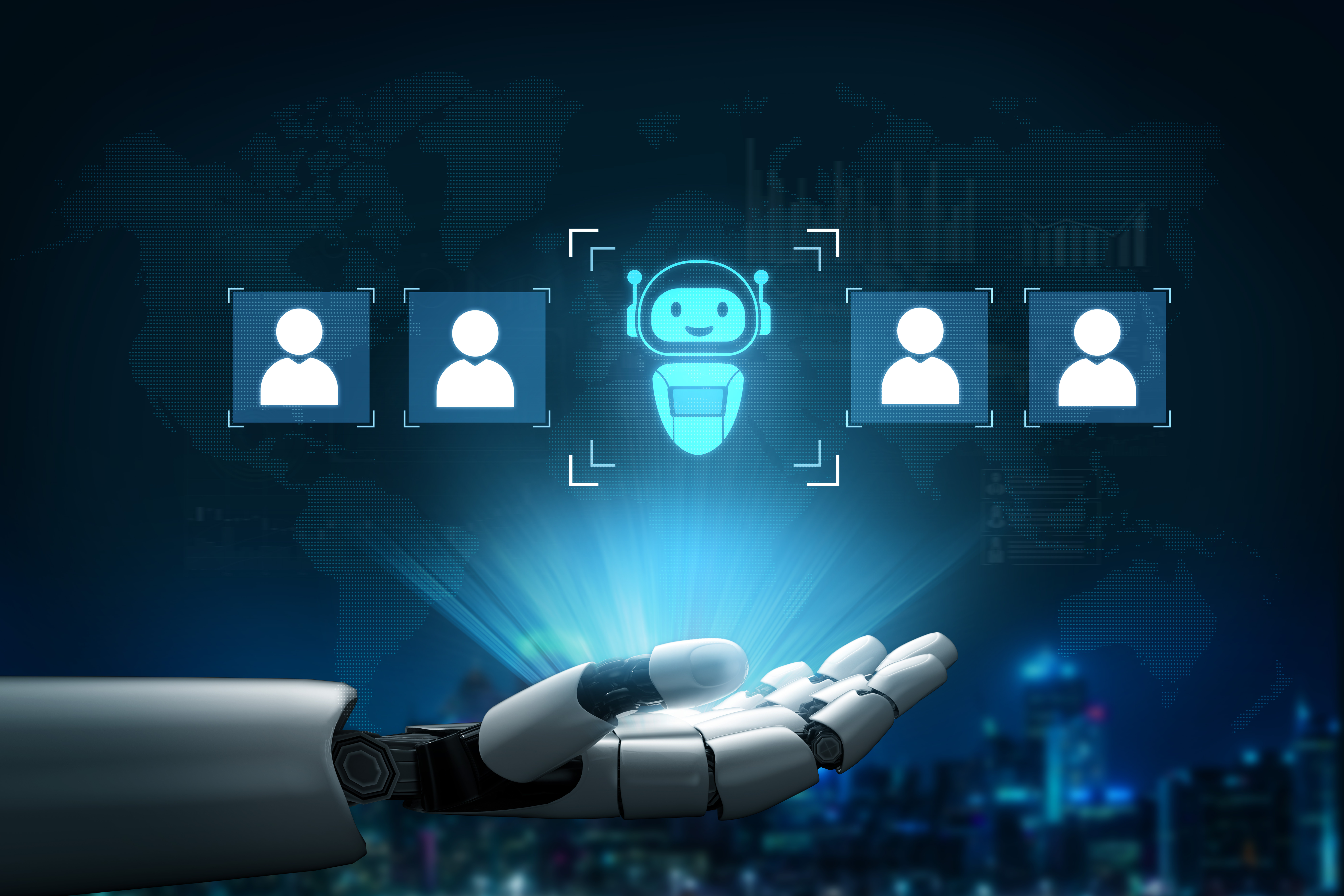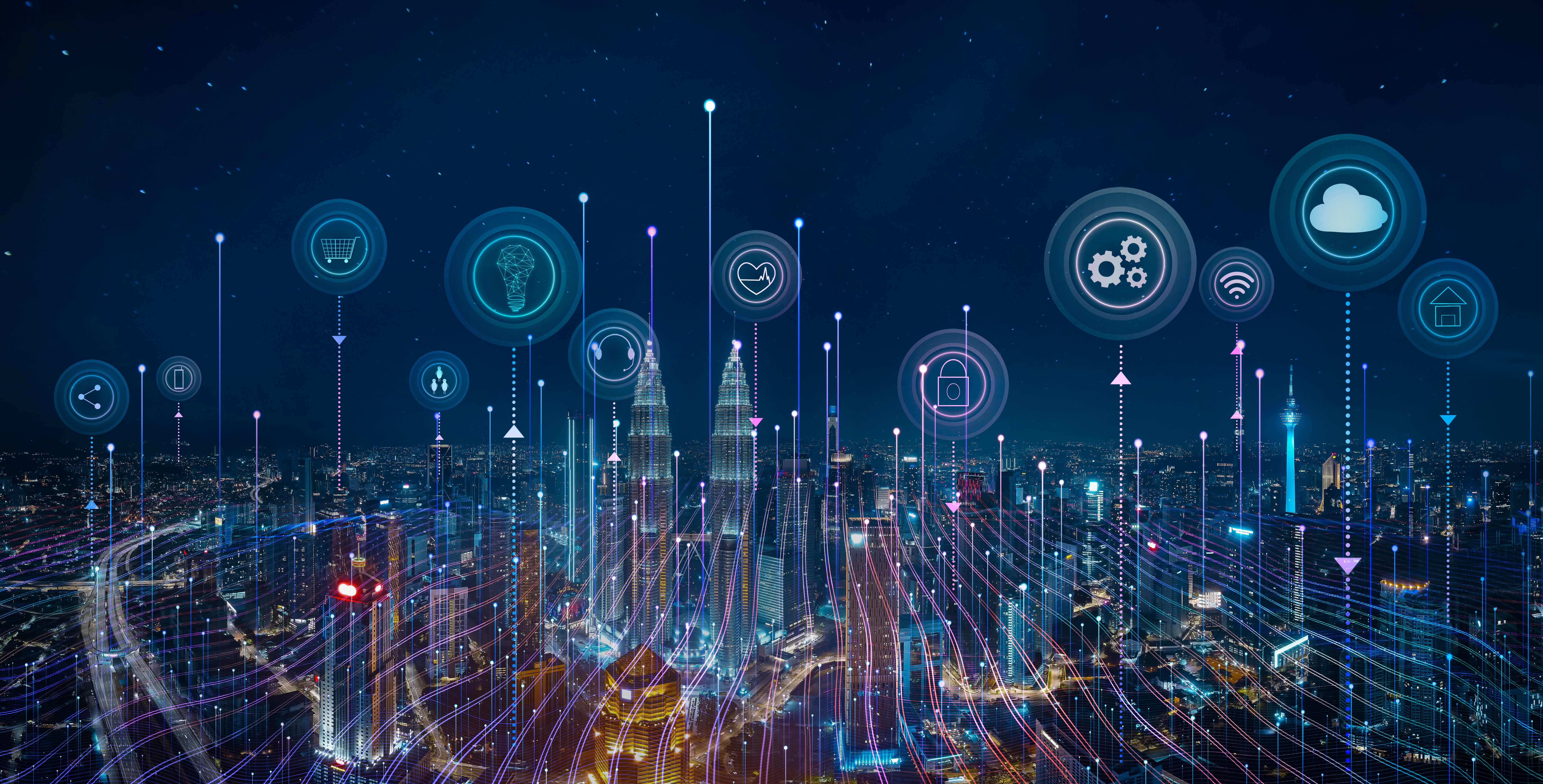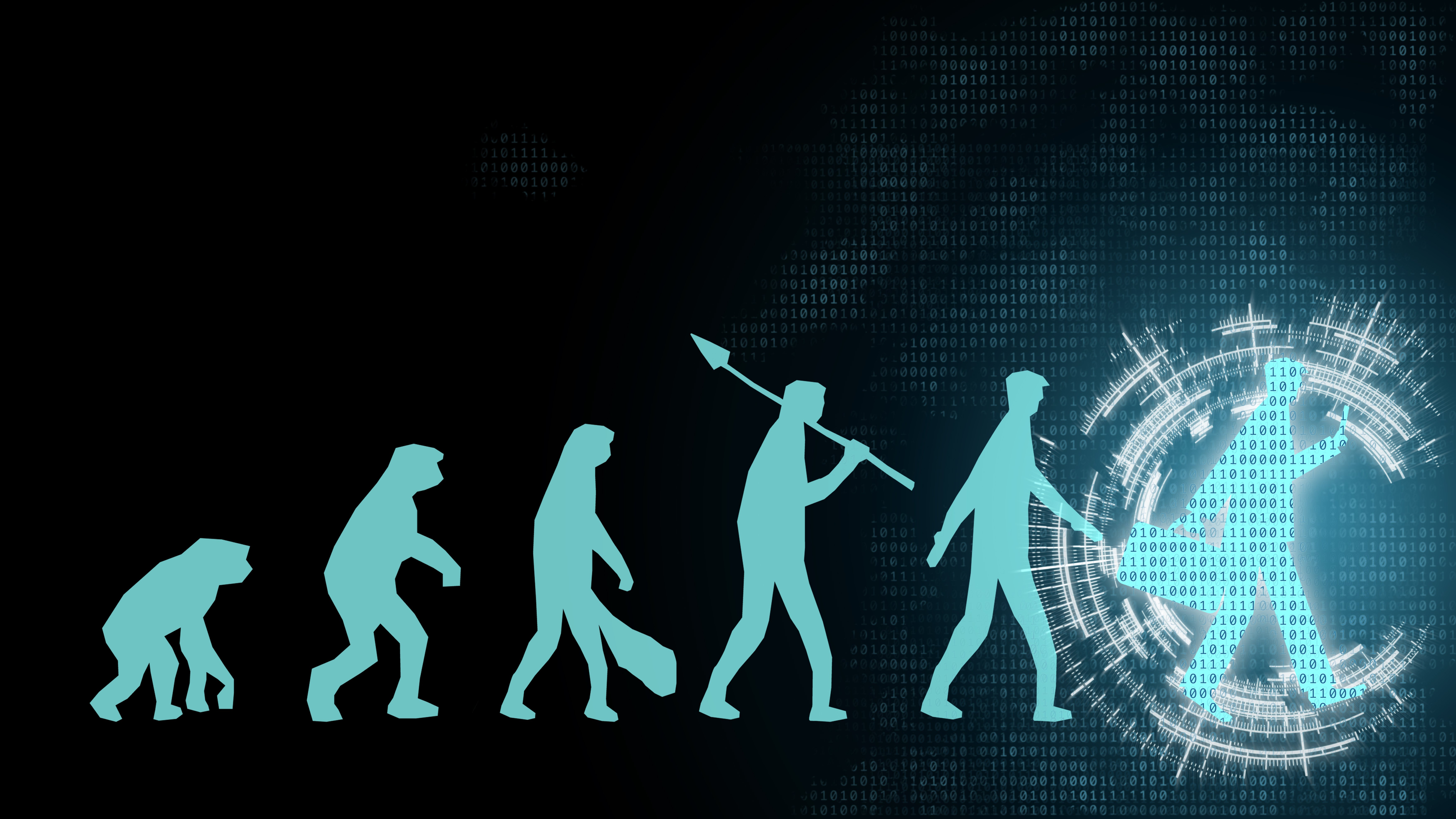Artificial intelligence is “applying” for DevOps jobs. Increasingly, AI agents are being trained not just to assist with DevOps, but to own it.
It already has made its mark on development with tools like GitHub Copilot and Amazon CodeWhisperer, writing boilerplate code at speed. The next leap is letting AI run the operations that follow.
Coding has always gotten the spotlight in software development. But the real grind, the invisible hours, happens after the last semicolon is typed. Testing. Debugging. Deployment. Security checks. Monitoring. Fixing what breaks. Then doing it all again.
For a long time, DevOps teams have carried the burden of these tasks, building intricate systems to keep code moving from idea to execution. But now, artificial intelligence is flashing its skills and promising to relieve teams of sometimes burdensome tasks.
This shift was on full display last month in London, where DevOps automation platform Harness revealed a suite of new AI-powered tools at its Unscripted 2025 conference (TechTarget, 2025). More than providing optional suggestions or acting as copilots (which is mostly the case with AI implementations nowadays), they were taskmasters, self-directed systems that handle the tedious, complex work developers typically dread.
And for better or worse, they signal a future where software engineers are no longer expected to control what happens after the code is written manually.
Harness claims that 60% to 70% of engineering time is lost in this post-code maze. That’s the opportunity AI is now aiming to seize. Among the new AI modules announced by the company are:
- AI Pipeline Builder: Automatically generates build-and-deploy workflows based on past projects and current codebases.
- AI Test Automation: Builds test cases from natural language prompts or commit messages.
- Autonomous Code Remediation: Fixes build failures by analyzing logs and suggesting changes.
- AI-Driven Chaos Testing: Simulates real-world system failures to test resilience.
- AI AppSec: Scans code and deployment pipelines for security vulnerabilities and compliance issues.
Although each of these tools functions independently, they’re designed to work in tandem as an AI “team” capable of managing software from commit to production.
Of course, handing over DevOps to AI raises the obvious question: Can we trust it? Especially when things like “hallucination” and prompt manipulation still plague even the best large language models?
Harness CEO Jyoti Bansal addressed these concerns, noting that their agents are purpose-built for narrow tasks, not general-purpose LLMs like ChatGPT. “Our agents break the problem down into smaller steps,” he declared at the event (The Register, 2025). They cross-verify each other’s outputs. They’re trained with organizational context: your past builds, services, security scans, and dependencies. Most importantly, humans are still in the loop. “The AI doesn’t deploy to production. It builds the pipeline, suggests the automation, but you approve it,” Bansal said. “Once approved, it’s deterministic and repeatable.”
Still, the system is not immune to complexity. As AI-generated code multiplies, it becomes harder for human engineers to audit all of it. In some cases, teams may be reviewing four times as much logic, ironically creating more code to verify, not less.
That’s led to a delicate new dance: AI auditing AI. Bansal recommends redundancy. “Don’t use one AI to build and audit the same thing,” he said. “Just like you wouldn’t let the same accountant do your books and audit them.”
As AI assumes more of the traditional DevOps workload, the role of the engineer is evolving to include a distinct, emerging type of knowledge: how to work with AI.
To their credit, Harness isn’t forcing this future. All AI features are optional, and teams can selectively enable them by function, project, or team. Skeptical about AI-led security scans? Leave that to humans. Want help with regression tests? Turn AI on.
The company’s platform runs on Kubernetes, with a control plane in the cloud or on-prem, and offers both free and paid tiers, with enterprise pricing starting at $100K annually.
But pricing aside, the philosophical shift is the story here. DevOps is evolving from a human-centered discipline to an AI-mediated workflow. Whether that improves productivity, security, or trust is still unfolding.
.png?width=1816&height=566&name=brandmark-design%20(83).png)



